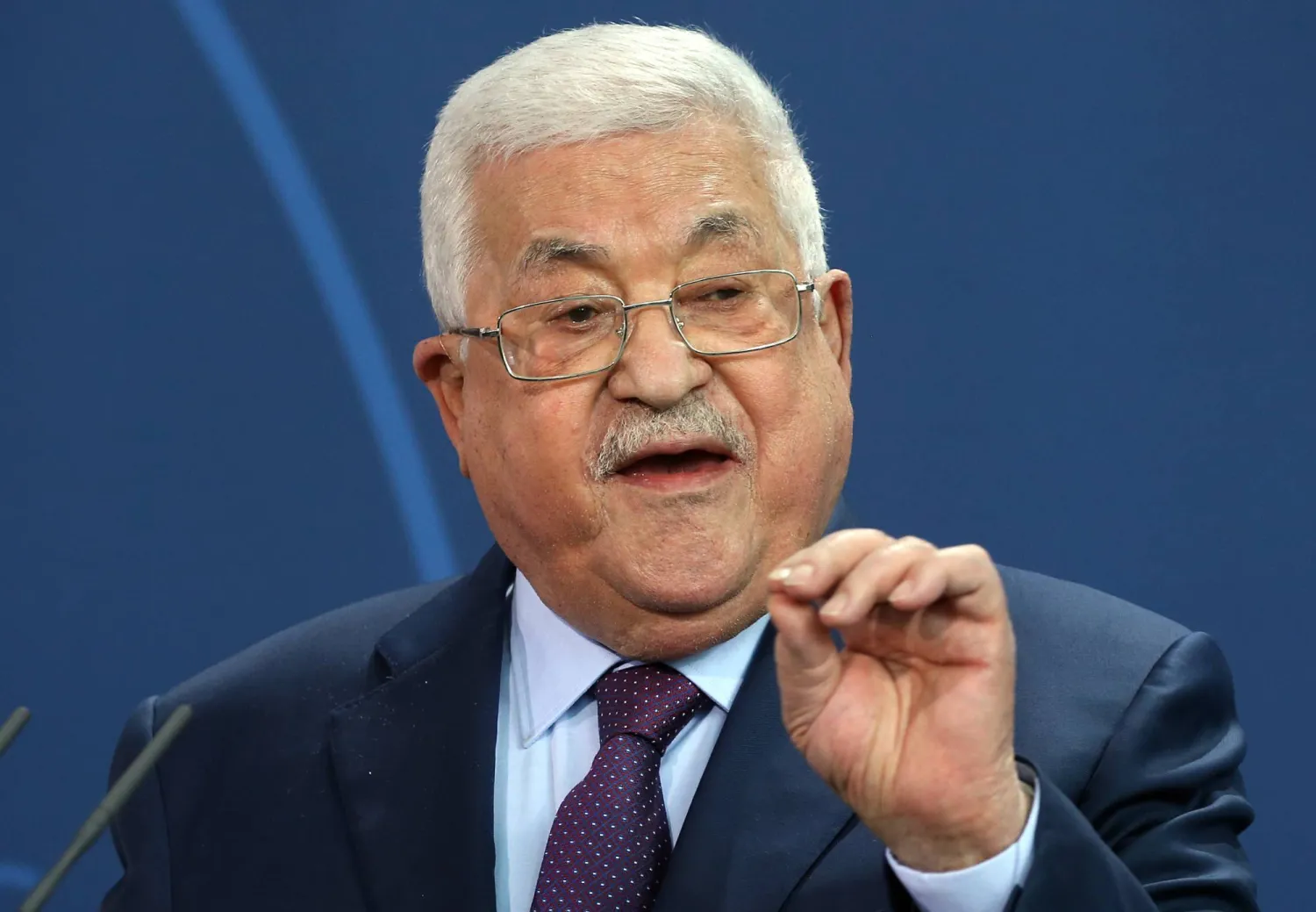Jordan's King Abdullah II, Egyptian President Abdel Fattah el-Sisi, and Palestinian President Mahmoud Abbas stressed the need to increase pressure to halt the Israeli aggression in Gaza, and protect civilians. They also reiterated their commitment to a two-state solution for the Palestinian issue.
This came during their summit in Aqaba to discuss the critical situation in Gaza, during which they also emphasized their opposition to any plans to displace Palestinians in the West Bank and Gaza.
They further rejected any Israeli plans to separate Gaza from the West Bank, adding the two entities were the basis of a future Palestinian state.
The three leaders confirmed "a complete rejection of any attempt to reoccupy parts of Gaza, and the need to enable its people to return to their homes."
The summit reiterated the importance of ensuring the permanent and sufficient delivery of humanitarian aid to Gaza, alleviating the tragic humanitarian situation in the region.
Moreover, the leaders drew attention to hostile actions by extremist settlers in the West Bank against the Palestinian people, and violations of Islamic and Christian sanctities in Jerusalem, which could lead to the situation in the West Bank spiraling out of control, and regional escalation.
They agreed to continue working collectively, coordinating with Arab and influential countries, to find a political horizon for the Palestinian issue, achieving a just and comprehensive peace based on the two-state solution, which would restore all legitimate rights to the Palestinian people, ensuring the establishment of their independent, sovereign state along the lines of June 4, 1967, with East Jerusalem as its capital.
Jordan’s King warned against any escalation that could widen the circle of war and complicate efforts to reach a ceasefire, highlighting the seriousness of the situation requiring an exceptional effort to determine the steps in the upcoming phase.
Before the tripartite summit, King Abdullah held separate meetings with the Egyptian and Palestinian presidents to discuss efforts aimed at an immediate ceasefire in Gaza.









